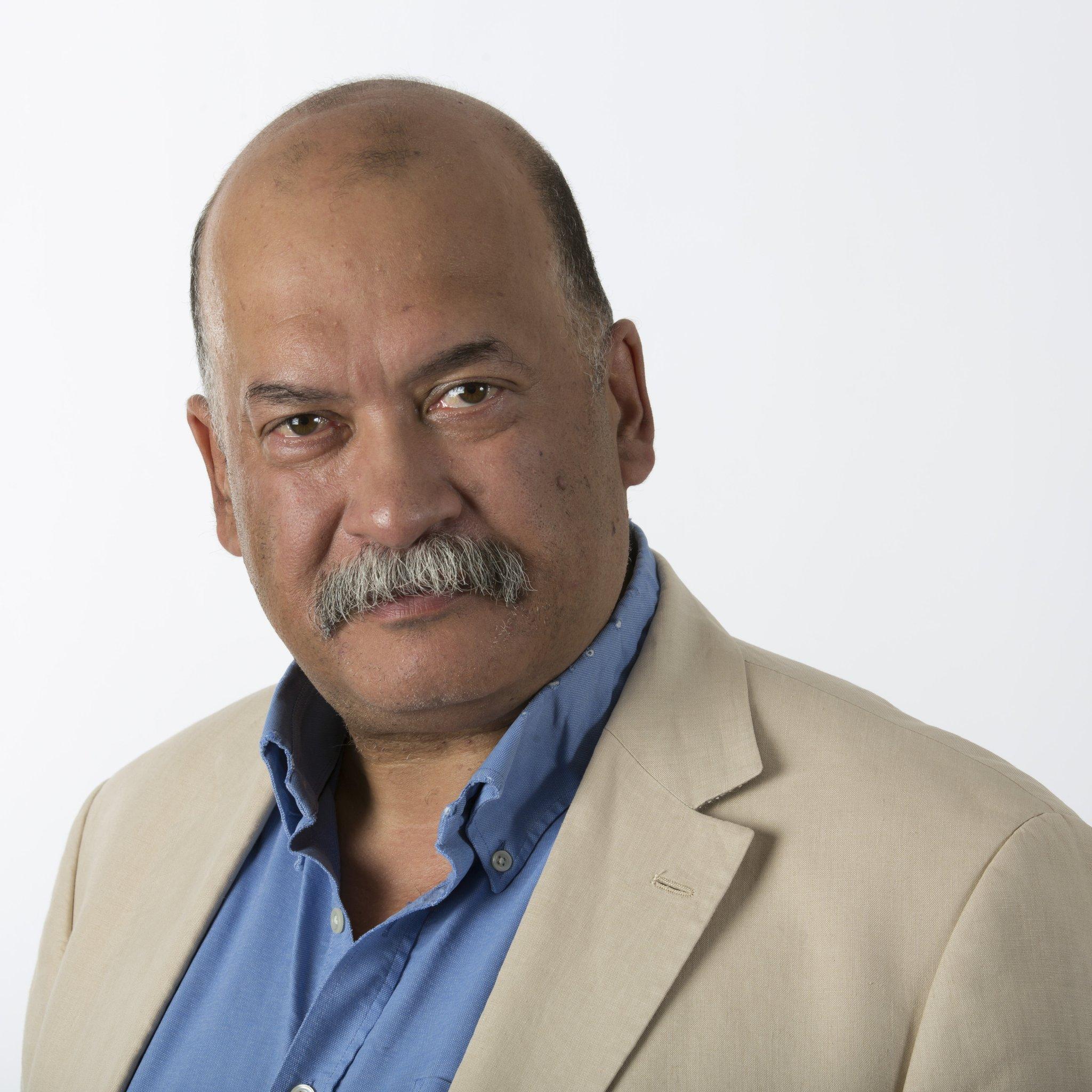PM distancing himself from years of Tory rule
- Published
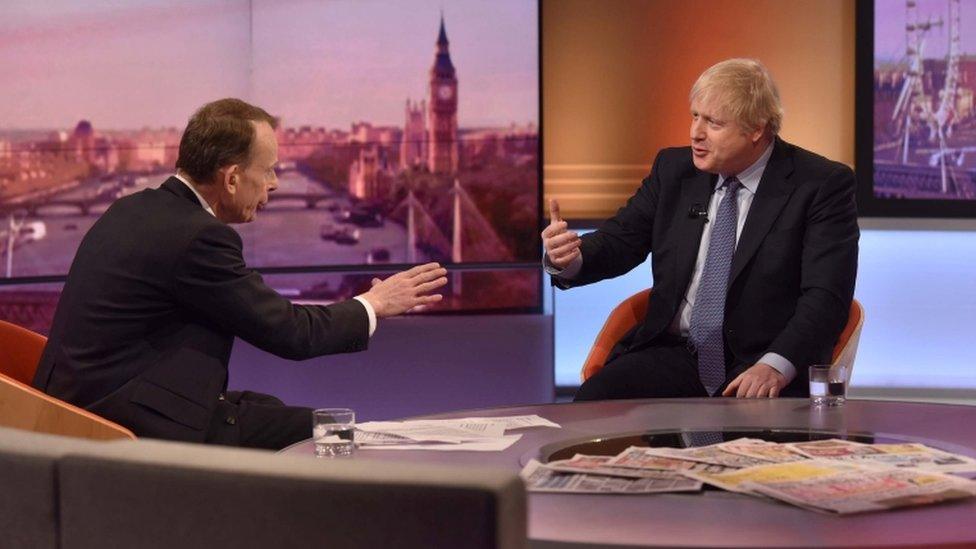
Boris Johnson told the BBC's Andrew Marr his government has a "different approach" to previous Tory administrations
After 10 years of Conservative rule blighted by austerity and Brexit-weariness, it takes an almost breathtaking audacity - hostile critics might say the brassiest neck in the business - to campaign for a fourth consecutive Tory term in office as the face of change.
It takes, in other words, Boris Johnson.
The prime minister and his team may or may not summon the will (or, as they would say, find space in the diary) to face the BBC's Andrew Neil.
But his appearance with Andrew Marr was enough to show why Mr Johnson is trying hard to distance himself from his party's years in office - voters are yearning for change.
This isn't, however, easy to pull off. Mr Johnson has been a prominent MP and minister for much of that time - aside from, admittedly, nearly half of it away from Westminster while London mayor.
The pitch to be Britain's new broom hasn't just centred on the London Bridge attack.
Sounding like Corbyn?
The PM did, after all, allow a decent interval (of maybe two or three hours) to pass after the attack before he began reciting Tory election promises of more police and tougher sentencing.
He has now added a pledge to review the terms on which dozens of terrorists were released from prison. His answers to Andrew Marr on why it has taken years to do this essentially came down to arguing the Tories were now under new management.
On Friday, Mr Johnson set out a vision of post-Brexit industrial intervention, and state aid for ailing companies. One journalist at his campaign news conference said he sounded like Jeremy Corbyn.
Another thought it seemed North Korean, although that was probably a bit over the top.
But Mr Johnson also told the Spectator magazine, external this week that he had never supported austerity, and that he believed the Treasury's spending decisions had helped run down the UK's neglected regions.
Jeremy Corbyn: 'Tory austerity impoverished millions'
It all looks as bold an attempt as we've seen to dump years of political baggage, along with Britain's EU membership.
As for Jeremy Corbyn, if political agility is the PM's stock-in-trade, the Labour leader's defining feature this week was his rigid refusal to concede any fault where his deepest convictions are concerned.
In his interview with Andrew Neil this week that meant brushing aside questions about the cost of Labour's spending plans - or trying to - and refusing four times to apologise for anti-Semitism in the Labour Party.
Mr Corbyn did tell Sky News he supported the shooting of terrorists when there was "no choice" and lives were in immediate danger.
But his view that the UK's foreign policy, in such regions as the Middle East, has fomented the terror threat is well known, often stated, and repeated again this weekend.
More widely, the slippage of the Liberal Democrats in the polls has obscured the fact that party leader Jo Swinson could yet end up with a good deal of power in a hung Parliament, whether or not her party wins many seats.
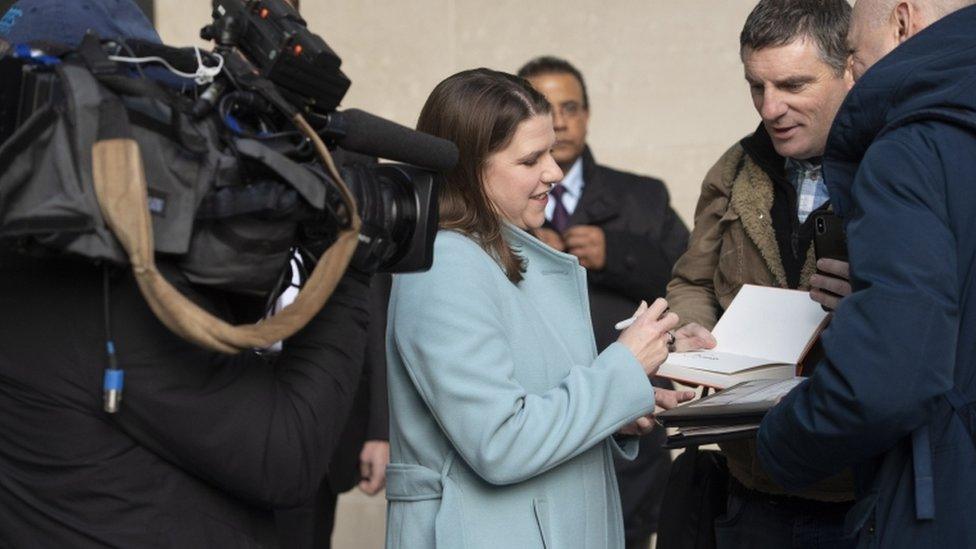
Liberal Democrat leader Jo Swinson called the renationalisation question a "distraction"
Speaking to me on Pienaar's Politics, she made clear she would block Labour's radical plans for the renationalisation of rail, mail, energy, water and broadband if Mr Johnson fails to win a majority, and Jeremy Corbyn ends up in Number 10 - relying on Lib Dem MPs to get anything passed in Parliament.
I asked her on Pienaar's Politics on BBC Radio 5 Live: would she back renationalisation?
"No, I think renationalisation is a distraction," she said. "I don't think it's a way to deliver better public services and I think it's taking us away from actually how do you make things better for people.
"I mean, if you look at things on the climate emergency, you look at energy as one good example. You know, what's happened in the last few years is off-shore wind has become the cheapest way of producing electricity and that's been done through the competition within the market, the system that Liberal Democrats put in place in terms of making sure that we could have a renewable revolution."
Did all that mean she'd veto the renationalisation of, say, water? "Look," she said. "We don't think that renationalisation is the way forward."
Where have the leaders been this week?
The PM's travel plans were disrupted by the London Bridge attack. But he is yet to make a campaign trip to London and south-east England, outside his own constituency, of course. Has he given up on remain-supporting London?
Mr Corbyn is maybe more concerned with the optics than parliamentary arithmetic. He has been visiting safe Labour seats, but he has also been to five marginals this week, four of them Tory-held.
Ms Swinson has been to targets including Cheltenham and Kensington.
Nigel Farage travelled to six locations with an average leave vote in the EU referendum of 64%.
And SNP leader Nicola Sturgeon has continued to swing by SNP marginal constituencies.
It's all hotting up, and could heat up more in the TV studios in another set of debates and question-and-answer sessions.
Including Andrew Neil? Who knows? What was that expression about discretion and valour?
- Published30 November 2019
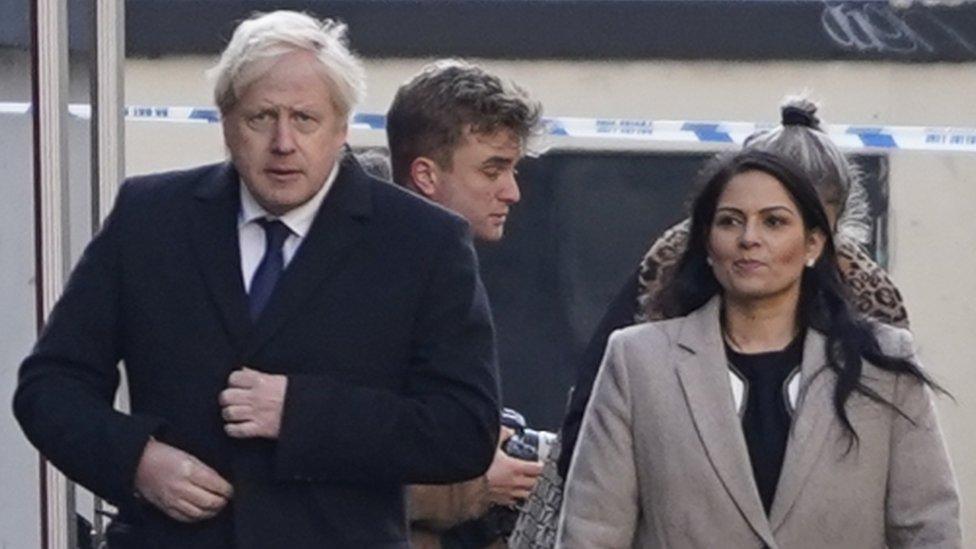
- Published1 December 2019
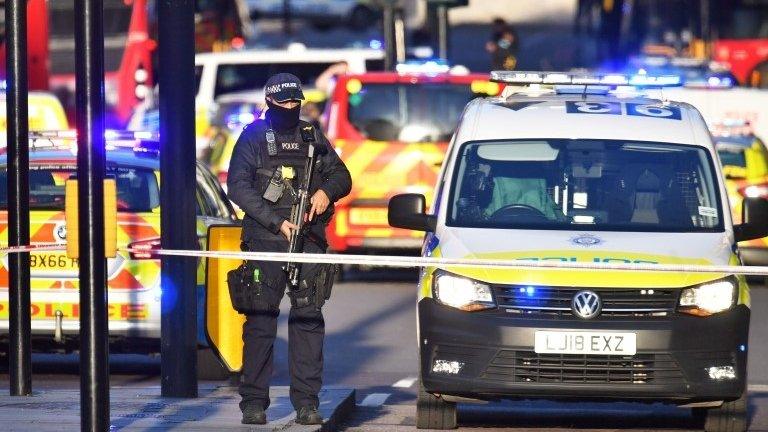
- Published28 November 2019
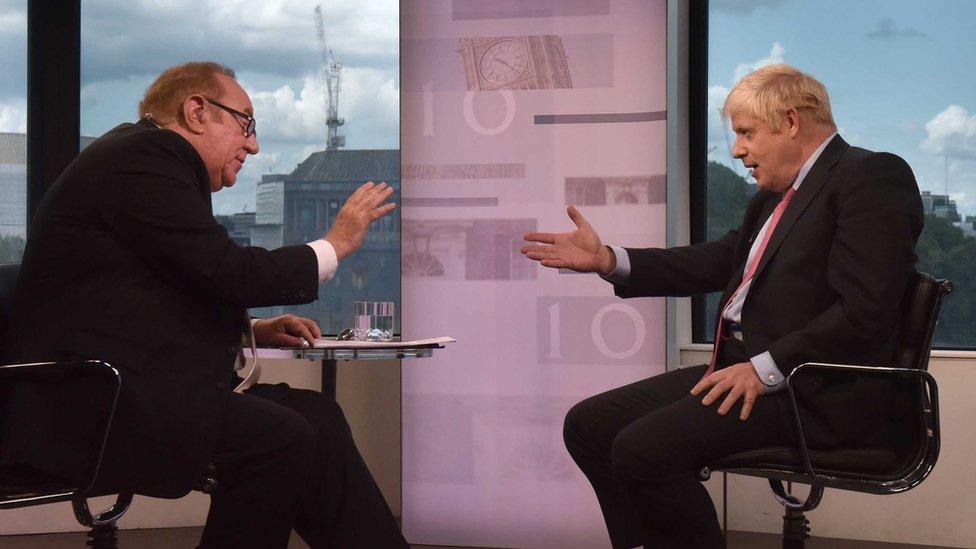
- Published11 December 2019

